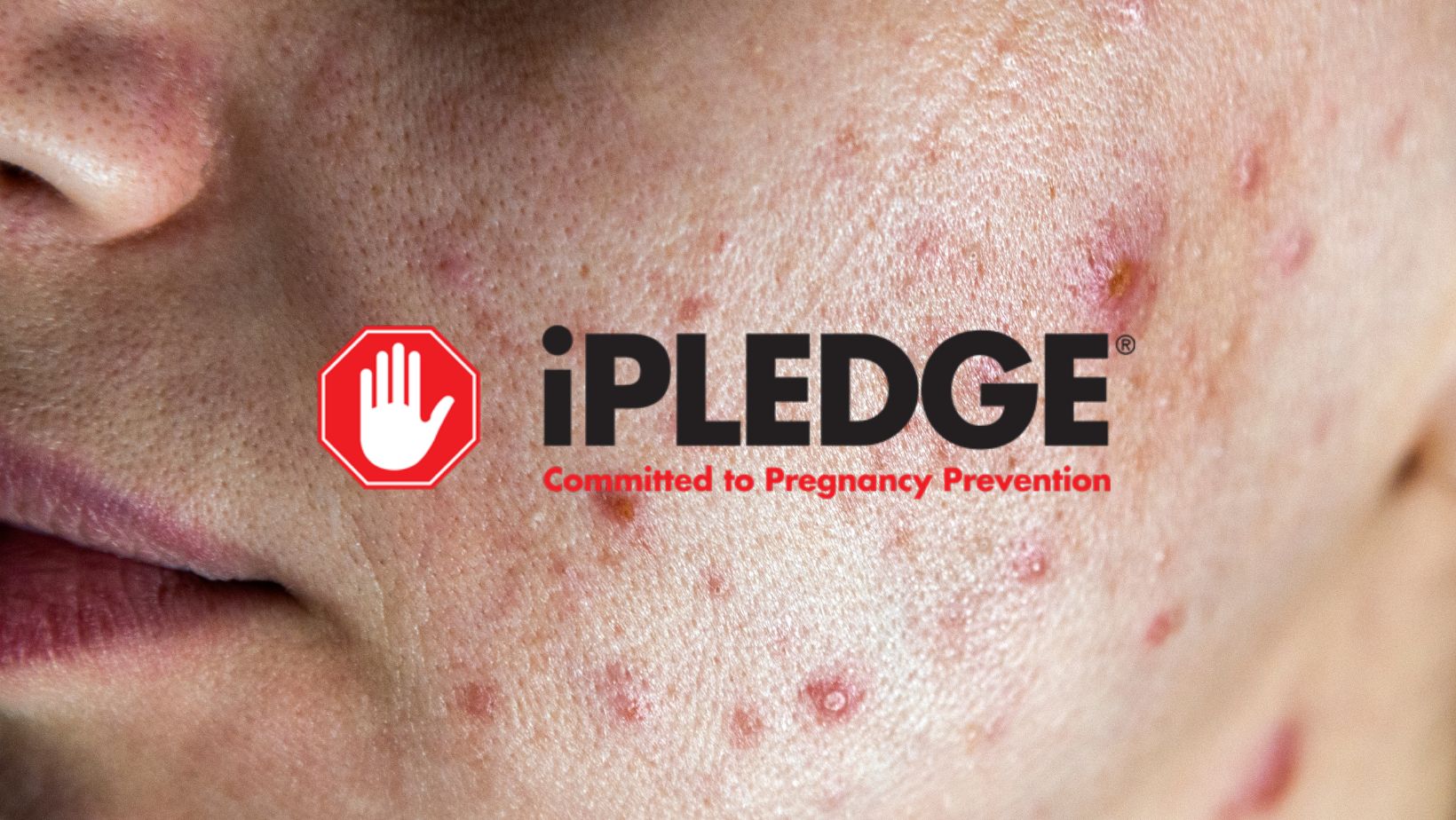Accutane, or isotretinoin, is a powerful medication used to combat severe acne. However, its efficacy comes with significant risk, particularly the danger of birth defects if taken during pregnancy. To manage these risks, the U.S. Food and Drug Administration (FDA) requires patients to participate in a regulated program called iPledge. This program, a Risk Evaluation and Mitigation Strategy (REMS), is vital in ensuring that the benefits of isotretinoin treatment are realized without compromising patient safety. Initiated in 2005 and formally approved as REMS in 2010, iPledge is designed to prevent fetal exposure to isotretinoin by ensuring patients are fully informed about the risks and the stringent safety protocols in place.
Why iPledge is Mandatory
iPledge is not gender-specific—it’s a mandatory safety measure for everyone prescribed isotretinoin, including both male and female patients. Its comprehensive registry tracks and confirms that patients, healthcare providers, and pharmacies adhere to the program’s protocols. For males and females alike, iPledge’s requirements are put in place to prevent pregnancy during treatment and to monitor for other serious side effects. The program’s structure is a commitment from all parties involved to the safe use of Accutane. For women of childbearing potential, this includes two forms of contraception and regular pregnancy tests. For men, while the concern of teratogenicity is not direct, understanding the risks and agreeing to not share the medication is crucial, ensuring they do not contribute to potential fetal exposure indirectly.
Patient Journey within iPledge
Engaging with the iPledge program begins with registration, which is necessary before any isotretinoin prescription can be written. Only registered and activated healthcare providers and pharmacies can prescribe and dispense the medication, a safeguard to ensure a monitored distribution process. From there, patients embark on a treatment journey that requires monthly check-ins, adherence to contraceptive guidelines for those who can conceive, and an ongoing acknowledgment of the medication’s risks. This process is not meant to be daunting but empowering, providing patients with the knowledge and support they need for a safe and effective treatment journey.
Throughout the treatment, patients must remain proactive in their compliance with iPledge—a true partnership in healthcare. Regular appointments and communication with healthcare providers are essential to navigate this process. For men, understanding that their adherence to the program also plays a role in overall safety is vital. The end goal of iPledge is to foster a treatment environment where the patient is not only a recipient of care but an informed, active participant in their path to clearer skin.
A Partnership in Patient Safety The iPledge program is a commitment to safety, requiring informed consent and a partnership between patients, healthcare providers, and pharmacists. This collective effort is designed to mitigate the risks associated with Accutane, ensuring those who stand to benefit from the drug can do so responsibly. It’s essential for anyone considering isotretinoin therapy to have a thorough discussion with their healthcare provider to understand the full scope of iPledge requirements and to confidently affirm that Accutane is the right choice for their acne treatment.








